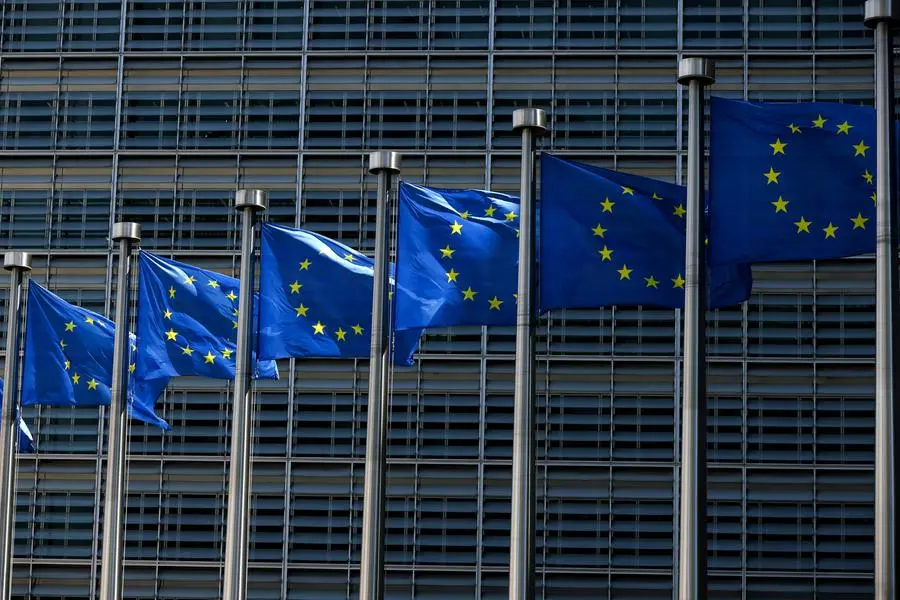PHOTO
EU interior ministers meeting Thursday looked to reach an agreement on a long-stalled revision of the bloc's rules to more equally share the hosting of asylum seekers and migrants.
But diplomats have cautioned the odds of a deal were still 50-50, with increasing numbers of European Union members adopting hardline policies on the issue.
"It's almost three years since I presented this huge proposal and it's been a marathon," said EU home affairs commissioner Ylva Johansson.
"We have maybe 100 metres left, so we are so close to actually finding an agreement today."
The proposal on the table at the meeting in Luxembourg calls for compulsory help between EU countries, but with an option of doing that in one of two ways.
The priority is for EU countries to share the hosting of asylum-seekers, taking in many that arrive in nations on the bloc's outer rim, mainly Greece and Italy.
Nations that refuse would instead be required to pay a sum of 20,000 euros ($21,000) to the countries doing the hosting.
A preliminary agreement of the EU's 27 countries on that basis would open the way to negotiations with the European Parliament for legislation that could be adopted before European elections in June next year.
The difficult reform has jumped up the bloc's agenda as the number of asylum seekers rises, after a pause caused by travel restrictions during the Covid pandemic.
- 'Last mile' -
The European Commission put forward its suggestion for a new migration and asylum pact in 2020 based on a quota system for taking in asylum seekers.
But that plan quickly hit the buffers after refusals from Hungary, Poland and other countries that objected to any requirement to take in migrants.
Sweden, which holds the rotating EU presidency until the end of this month, presented two compromise texts: one that called for the hosting-or-cash approach by all member states, and the other on asylum procedures on the EU's external borders.
That second text would oblige member states to put in place fast-track procedures at the borders for arrivals from countries deemed as safe in order to facilitate their return.
"We are, in my opinion, so close that there is no acceptable reason not to walk the last mile," said Sweden's migration minister Maria Malmer Stenergard.
"It is always 50-50. Either you manage or you don't. We'll see."
France's Interior Minister Gerald Darmanin conceded there was "still some work to do" at the meeting.
But he urged all EU states to seek compromise, saying the dual approach of both bolstering solidarity and border checks meant there was "something for everyone".
Oxfam, a charity that aids refugees, was critical of the direction the talks were heading as EU countries take harsher steps to prevent the arrival of asylum seekers.
"These proposals will not fix the chronic deficiencies in the EU asylum system. Instead, they signal the EU's desire to barricade Europe from asylum seekers," said Oxfam migration expert Stephanie Pope.
She added that the proposal on EU border management was "a mere carbon copy of the broken model seen on the Greek islands," where she said migrants were cooped up in "prison-like centres".





















